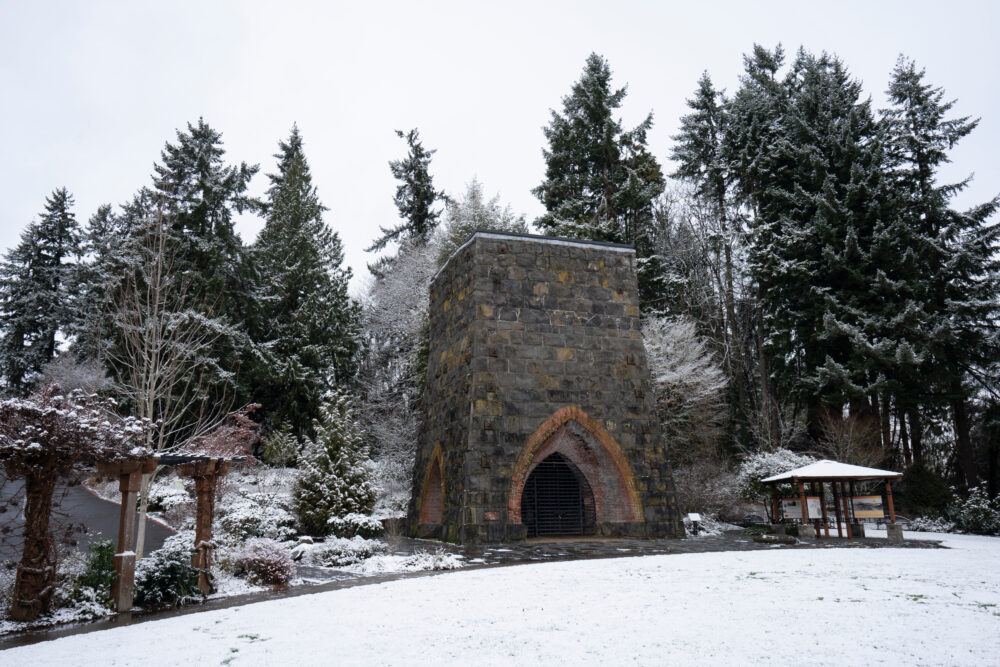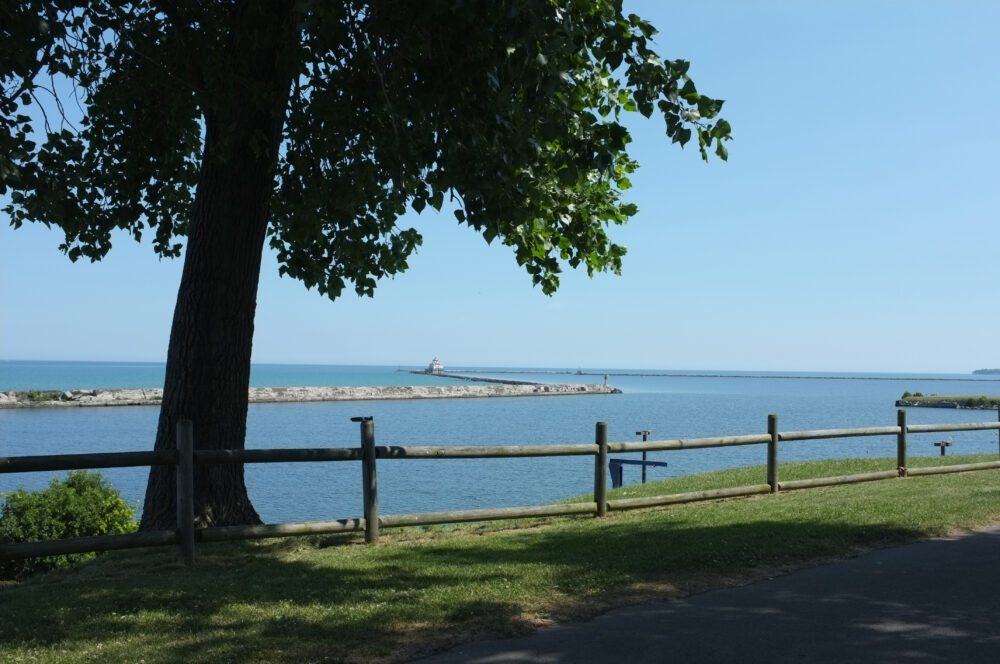Lake Oswego, Oregon, nestled in the scenic Willamette Valley, boasts a climate that’s both temperate and inviting. Whether you’re planning a visit or considering making Lake Oswego your home, it’s essential to understand the local weather patterns. This guide breaks down everything you need to know about the weather in Lake Oswego across six key chapters.
Overview of Lake Oswego’s Climate
Lake Oswego experiences a temperate oceanic climate characterized by mild summers and cool, wet winters. Situated approximately 10 miles south of Portland, the city enjoys the benefits of its proximity to the Pacific Ocean, which moderates temperature extremes. The overall climate is defined by moderate seasonal variations, with no extreme temperatures that typically affect the Pacific Northwest.
Seasonal Temperature Patterns
Winter (December to February)
Winter in Lake Oswego is relatively mild compared to other regions. Average high temperatures hover around 45°F (7°C), while lows average 35°F (2°C). Snowfall is infrequent but possible, with occasional light snow accumulating. Rain is more common during these months, contributing to a wet and gray atmosphere. Despite the cooler temperatures, winter days are relatively short, with daylight lasting around 8 to 9 hours.

Spring (March to May)
Spring marks a transition period with gradually warming temperatures. Highs range from 54°F (12°C) in March to 66°F (19°C) by May, while lows move from 40°F (4°C) to 48°F (9°C). This season is noted for increased sunshine and blooming flora. Rain remains a frequent visitor, although the frequency decreases compared to winter. Spring days grow longer, reaching about 13 to 14 hours of daylight.
Summer (June to August)
Summers in Lake Oswego are pleasant and relatively dry. Average highs during this period are between 73°F (23°C) and 80°F (27°C), while lows range from 50°F (10°C) to 55°F (13°C). The summer months see the least amount of rainfall, making it an ideal time for outdoor activities. Daylight hours extend up to 15 to 16 hours, providing ample time for exploration and enjoyment.

Fall (September to November)
Fall brings a gradual cooling trend with temperatures dropping from highs of 76°F (24°C) in September to 54°F (12°C) in November. Lows decrease from 50°F (10°C) to 41°F (5°C). Rainfall begins to increase again, and the weather becomes more variable. Fall colors add a picturesque quality to the area, and daylight hours shorten to around 11 to 9 hours.
Precipitation Patterns
Lake Oswego’s weather is notably wet compared to other parts of Oregon, with a significant amount of precipitation falling during the winter months. On average, the city receives about 43 inches (109 cm) of rain annually. This precipitation is fairly evenly distributed throughout the year, with a peak in winter. Spring and summer see reduced rainfall, with the occasional dry spell providing a respite from the otherwise frequent showers.
Humidity and Dew Point
Humidity levels in Lake Oswego are generally high due to its coastal influence. The relative humidity typically ranges between 70% and 85% throughout the year. The dew point, which measures atmospheric moisture, is higher during the cooler months and lower during the warmer periods. This high humidity contributes to the lush greenery that characterizes the region and can make temperatures feel cooler in winter and warmer in summer.
Weather Impact on Activities
Outdoor Recreation
Lake Oswego’s mild climate makes it conducive for year-round outdoor activities. The dry summer months are perfect for hiking, boating, and exploring the numerous parks and lakes in the area. Conversely, the rainy winter may limit outdoor activities but provides a beautiful backdrop for cozy indoor pursuits.
Seasonal Events
The local weather significantly influences seasonal events. Summer’s sunny and warm conditions make it ideal for community events and festivals. Conversely, winter’s wet conditions may lead to rescheduled or indoor events. Spring and fall offer pleasant temperatures for a variety of outdoor and indoor gatherings.
Tips for Weather Preparation
Clothing and Gear
Due to the varying weather conditions, it’s advisable to dress in layers and carry waterproof gear, especially in the winter and spring months. Summer attire should include sun protection, as UV exposure can still be significant despite the mild temperatures.
Home Preparation
Homeowners should consider weatherproofing measures, such as ensuring proper drainage and maintaining heating systems, to handle the wet winters. Summer maintenance should focus on cooling systems and keeping the home ventilated.
Understanding Lake Oswego’s weather helps you plan better and make the most of what this beautiful Oregon city has to offer. Whether you’re here for a short visit or planning to stay, being prepared for the local climate will enhance your experience and enjoyment of Lake Oswego’s natural beauty.
